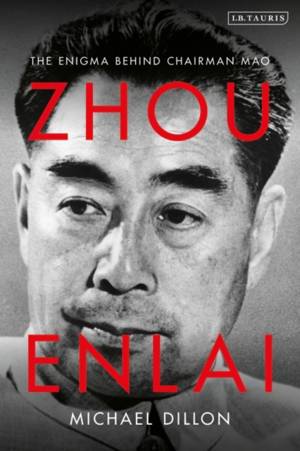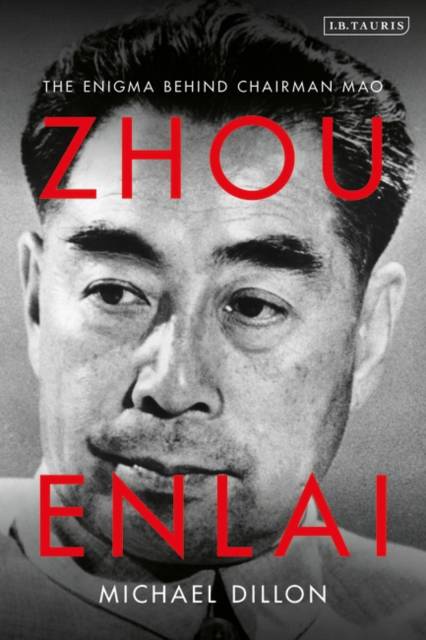
Bedankt voor het vertrouwen het afgelopen jaar! Om jou te bedanken bieden we GRATIS verzending (in België) aan op alles gedurende de hele maand januari.
- Afhalen na 1 uur in een winkel met voorraad
- Gratis thuislevering in België vanaf € 30
- Ruim aanbod met 7 miljoen producten
Bedankt voor het vertrouwen het afgelopen jaar! Om jou te bedanken bieden we GRATIS verzending (in België) aan op alles gedurende de hele maand januari.
- Afhalen na 1 uur in een winkel met voorraad
- Gratis thuislevering in België vanaf € 30
- Ruim aanbod met 7 miljoen producten
Zoeken
€ 186,95
+ 373 punten
Uitvoering
Omschrijving
Enigmatic, Eminence grise, the 'power behind the throne' - these phrases sum up Zhou Enlai's long and varied, but always pivotal, political career in the Chinese Communist Party from the 1920s to 1970s.
Born in 1898, Zhou witnessed several of the most important events in China's modern history and was a close associate of both the nationalist leader Chiang Kai-Shek and communist leader Mao Zedong, whom he served under as China's first premier from 1949 until 1976. Zhou was also a major ally of Deng Xiaoping - a source, for example, of major influence on his 'Four Modernizations' in agriculture, industry, science and technology, and the military. He was thus the prime architect of China's drive towards superpower status and one of the key determinants of China's central role in the modern world. Zhou does not conform readily to any of the stereotypes of communist leaders, Chinese or otherwise. Cultivated and urbane, he was a sympathetic and intellectual character, who was well-liked by non-communists, foreigners and his staff. He was one of the most complex figures in the politics of contemporary China, and certainly one of the most interesting, although his influence was never all that obvious. In this book, Michael Dillon restores him to his rightful place in history and analyses the role of a man who was 'a genuine statesman rather than just a political operator'.Specificaties
Betrokkenen
- Auteur(s):
- Uitgeverij:
Inhoud
- Aantal bladzijden:
- 320
- Taal:
- Engels
Eigenschappen
- Productcode (EAN):
- 9781784536152
- Verschijningsdatum:
- 5/03/2020
- Uitvoering:
- Hardcover
- Formaat:
- Genaaid
- Afmetingen:
- 156 mm x 234 mm
- Gewicht:
- 616 g

Alleen bij Standaard Boekhandel
+ 373 punten op je klantenkaart van Standaard Boekhandel
Beoordelingen
We publiceren alleen reviews die voldoen aan de voorwaarden voor reviews. Bekijk onze voorwaarden voor reviews.









